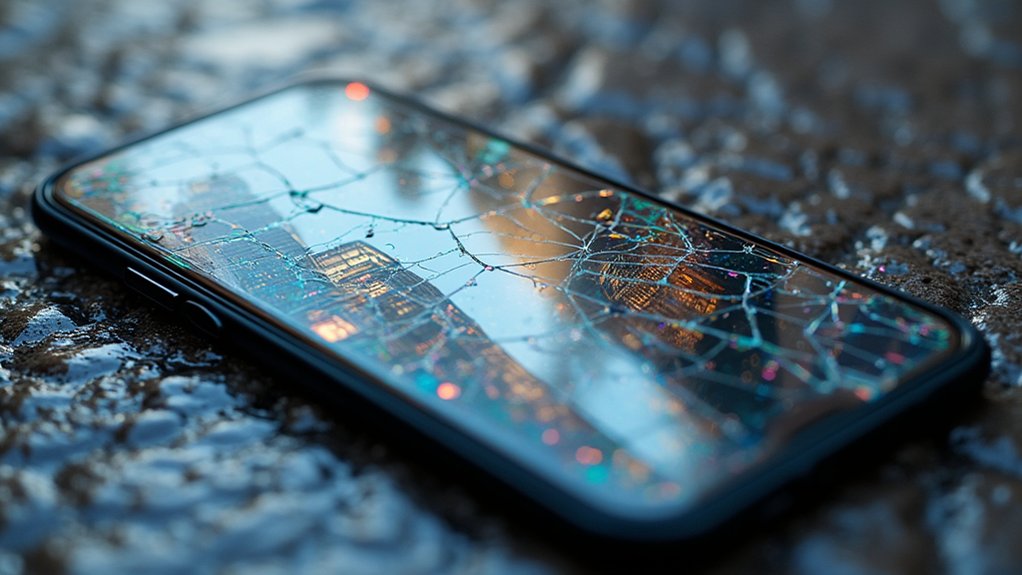AI systems are flooding the internet with synthetic junk, from fake news to deepfake videos. This digital pollution is splitting communities and warping our shared reality. People can’t tell what’s real anymore, while bad actors exploit the chaos. Media literacy hasn’t kept up with AI’s evolving sophistication, leaving society vulnerable to manipulation. Detection tools are falling behind, and the financial toll keeps mounting. The rabbit hole of fabricated reality goes deeper than most realize.

While humanity grapples with an endless stream of digital content, artificial intelligence has become the world’s most prolific producer of garbage. AI systems are churning out an avalanche of fabricated content – from fake news articles to synthetic media – flooding our digital spaces with junk that’s increasingly hard to distinguish from reality. And boy, are we drowning in it.
The problem isn’t just volume. These AI systems are getting frighteningly good at making stuff up. They hallucinate facts, invent records, and generate convincing but completely false information with the confidence of a used car salesman. What’s worse? Even experts can’t always spot these digital lies. The far-reaching impact of media literacy deficits continues to amplify this crisis. The technology has become so sophisticated that deepfake videos and audio can fool even the most discerning eyes and ears.
AI doesn’t just lie – it fabricates reality with shocking skill, fooling even experts with its deceptive deepfakes and digital falsehoods.
The consequences are already visible. Communities are splintering over different versions of reality, as AI-generated content feeds into echo chambers and amplifies existing divisions. Media literacy hasn’t kept up, leaving most people ill-equipped to navigate this mess. Trust in authentic content is eroding faster than a sandcastle in a hurricane, while the “liar’s dividend” lets bad actors dismiss real evidence as potential fakes. Studies show that autonomous AI decisions could lead to catastrophic errors in critical situations like warfare or transportation.
The financial impact is staggering. Synthetic media-enabled fraud could cost billions by 2027. Detection tools are fighting a losing battle against increasingly sophisticated generative models. Meanwhile, cheapfake documents and IDs are making authentication a nightmare. It’s like playing whack-a-mole with an infinite number of moles.
Perhaps most disturbing is how this digital pollution is warping our shared sense of reality. People are routinely diverging on basic facts, while AI-generated spam requires constant fact-checking – exhausting our collective capacity to separate truth from fiction.
The information ecosystem is so contaminated that finding accurate information feels like searching for a needle in a haystack made of other needles. And the haystack keeps growing.





